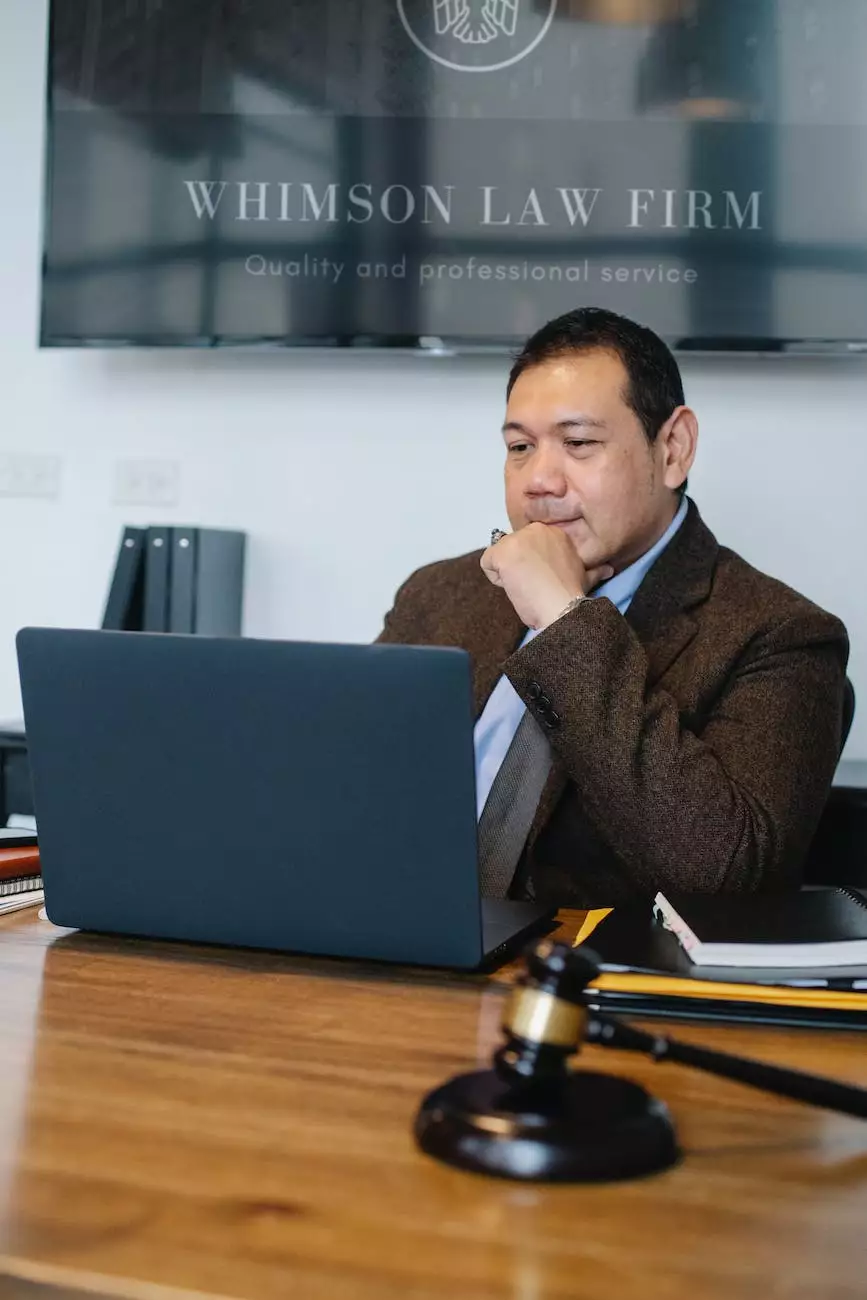Frequently Asked Questions about Contractors Licenses

Introduction
Welcome to the comprehensive guide on frequently asked questions about contractor licenses. Richardson Law Firm PC is your go-to source for legal expertise in the field of contracting and government regulations. In this detailed FAQ, we will address the most common queries regarding contractor licenses, providing valuable insights and essential information.
1. What is a Contractor License?
A contractor license is a legal permit obtained by individuals or businesses allowing them to offer contracting services in a specific trade or industry. It serves as proof that the contractor possesses the necessary skills, qualifications, and knowledge to carry out construction, repair, renovation, or installation projects.
Obtaining a contractor license is typically a requirement imposed by state or local government bodies to ensure consumer protection, maintain industry standards, and regulate the contracting profession.
2. Why Should I Get a Contractor License?
Getting a contractor license offers numerous benefits, both for individuals and businesses:
- Elevated Trust and Credibility: Holding a contractor license demonstrates your commitment to professionalism and expertise, increasing confidence among potential clients and partners.
- Legal Compliance: Operating without proper licensing can lead to severe legal consequences and financial penalties. By obtaining a license, you ensure compliance with local regulations.
- Access to More Opportunities: Many government and public sector projects require licensed contractors. Having a license expands your potential client base and enables you to bid on lucrative contracts.
- Competitive Advantage: In a competitive industry, a contractor license sets you apart from unlicensed individuals or businesses operating in the same field.
- Enhanced Professional Development: The process of obtaining a license often involves educational requirements and ongoing continuing education, which contribute to your professional growth.
3. How Can I Obtain a Contractor License?
The process of obtaining a contractor license varies depending on your location. However, here are some general steps to guide you:
- Educate Yourself: Familiarize yourself with your state's licensing requirements, including examinations, experience prerequisites, and educational criteria.
- Gather Required Documentation: Prepare all necessary documents, such as proof of identity, educational transcripts, and evidence of work experience.
- Pass the Examinations: Some jurisdictions require you to pass exams to assess your knowledge of local building codes, construction techniques, and safety protocols.
- Submit an Application: Fill out the license application form accurately, providing all required information and paying the appropriate fees.
- Wait for Approval: The licensing board will review your application, and upon successful evaluation, you will receive your contractor license.
4. Are There Different Types of Contractor Licenses?
Yes, different types of contractor licenses exist to cater to various trades and specialties within the construction industry. Some common types include:
- General Contractor License
- Electrical Contractor License
- Plumbing Contractor License
- Roofing Contractor License
- HVAC Contractor License
- Masonry Contractor License
- And many more...
Each type of license signifies expertise in a specific field, allowing contractors to focus on their specialization and provide high-quality services.
5. Can I Operate Without a Contractor License?
Operating without a contractor license is illegal in most jurisdictions. Engaging in contracting work without a license not only exposes you to legal liabilities but also undermines your professional credibility. It is crucial to obtain the necessary licenses and comply with local regulations to run a legitimate contracting business.
6. What Happens if I Hire an Unlicensed Contractor?
Hiring an unlicensed contractor can lead to numerous complications and risks:
- Legal Issues: If an unlicensed contractor causes property damage or fails to complete a project, it can be challenging to pursue legal action or seek compensation.
- Subpar Workmanship: Unlicensed contractors may lack the necessary skills and expertise, resulting in poor-quality work and potential safety hazards.
- No Recourse for Complaints: Working with a licensed contractor gives you access to avenues for complaint resolution, ensuring your concerns are heard and addressed.
It is always advisable to hire licensed contractors to protect your interests and ensure professional, reliable services.
Conclusion
In conclusion, understanding the ins and outs of contractor licenses is vital for anyone involved in the construction industry. Richardson Law Firm PC, a distinguished name in the field of law and government, is here to guide you through the complexities of obtaining and maintaining a contractor license. By choosing licensed contractors, you promote safety, professionalism, and regulatory compliance.
Should you have any further queries or require legal assistance regarding contractor licenses, do not hesitate to reach out to Richardson Law Firm PC. Our team of experienced professionals is ready to provide the expert advice you need.










